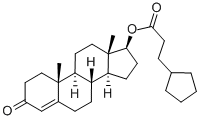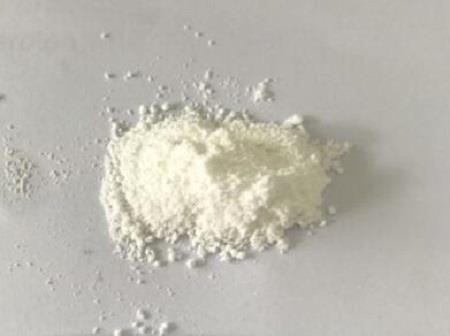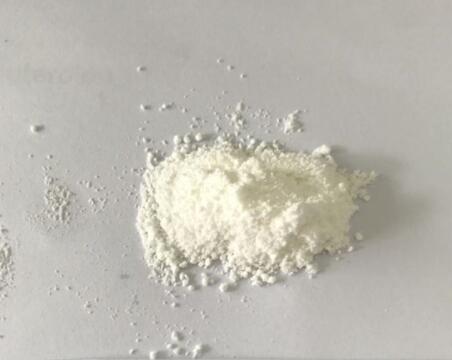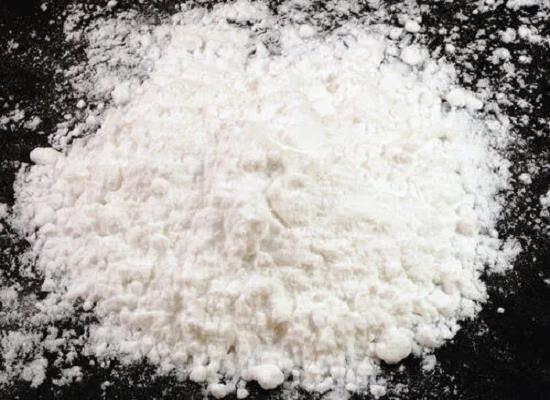Testosterone Cypionate: Pharmacokinetics and Mechanism of Action
General Description
Preparations of IM testosterone have been used since the 1950s. Unmodified testosterone has an approximate half-life of 10 minutes when injected, which would necessitate unrealistic multi-dosing regimens to achieve and maintain therapeutic levels. Current formulations have a prolonged duration of action as they are synthesized through esterification of the 17β carbon of natural testosterone. Esterification increases the solubility of testosterone in oil, which allows for slower release once injected into the muscle. Testosterone esters are not biologically active until the ester group is cleaved off.
The three IM preparations that are USA FDA approved are testosterone cypionate (TC), TE, and TU. These products differ based on the carbon side chain esterified to the 17β position of testosterone. TU has the longest carbon side chain, consisting of 11 carbon atoms compared to seven and eight for testosterone cypionate and TE respectively, which accounts for its longer duration of action. One disadvantage of these formulations is the necessity for IM injection. The Endocrine Society Clinical Practice Guidelines for testosterone therapy recommend serum testosterone levels should be measured one week after receiving a dose of testosterone cypionate or TE, targeting a therapeutic level of 400 to 700 ng/dL. For TU, levels should be measured prior to each subsequent injection.1This article will introduce the pharmacokinetics and mechanism of testosterone cypionate.
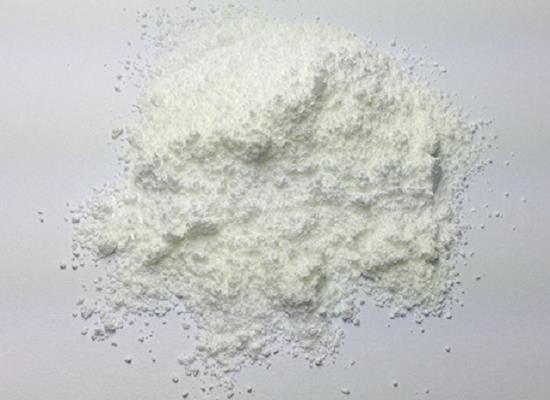
Figure 1. Testosterone cypionate
Pharmacokinetics
A PK study evaluated serum levels of testosterone periodically for 14 days after administration of testosterone cypionate 200 mg IM in 11 hypogonadal men. The mean Cmax was supratherapeutic (1,112±297 ng/dL) and occurred between days four and five post-injection. After day 5, testosterone levels declined and by day 14 the mean Cavg approached 400 ng/dL. These large fluctuations in serum testosterone over a 2-week period illustrate the less than ideal kinetics of TC IM injections.
The fluctuation in serum testosterone levels can result in mood swings or changes in libido, which is a formulation specific IM adverse effect that should be closely monitored. Other common adverse effects with testosterone cypionate use are local inflammation and pain at the site of injection, also due to IM administration. As cottonseed oil is the formulation vehicle, TC use is contraindicated in anyone with a known hypersensitivity to testosterone synthesized from soy.1
Mechanism of Action
Secretion is controlled by a negative feedback mechanism involving luteinizing hormone (LH) and follicle-stimulating hormone (FSH), tropic hormones synthesized by the anterior pituitary gland. Like all steroid hormones, testosterone stimulates the synthesis of specific proteins by crossing the cell membrane and binding with a receptor in the nucleus, activating particular genes. Testosterone production begins early in the development of the human fetus, and determines sexual differentiation during an early "sensitive period" in month 3 or 4 of pregnancy.
References:
[1] J. SHOSKES M S M Wilson. Pharmacology of testosterone replacement therapy preparations[J]. Translational andrology and urology, 2016, 5 1: 834-843. DOI:10.21037/tau.2016.07.10.[2] ERICA R. FREEMAN E J M DAVID A BLOOM. A BRIEF HISTORY OF TESTOSTERONE[J]. Journal of Urology, 2001, 165 2: 355-734. DOI:10.1097/00005392-200102000-00004.
Related articles And Qustion
See also
Lastest Price from Testosterone cypionate manufacturers
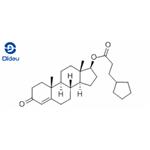
US $0.00-0.00/KG2025-11-24
- CAS:
- 58-20-8
- Min. Order:
- 1KG
- Purity:
- 98
- Supply Ability:
- 10000KGS
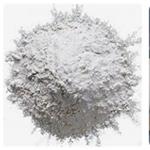
US $600.00/kg2025-11-24
- CAS:
- 58-20-8
- Min. Order:
- 1kg
- Purity:
- 99
- Supply Ability:
- 999
